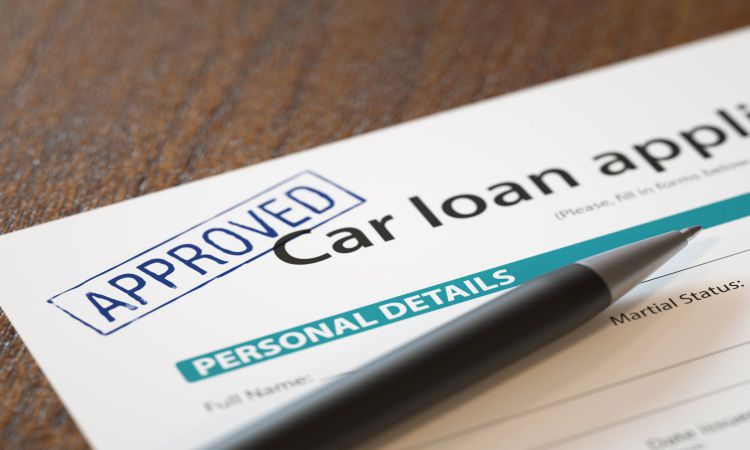 Purchasing a new car is often an exhilarating experience that opens up many different opportunities. For example, upgrading from an old car to a newer one can allow you to travel further distances in a more reliable vehicle.
Purchasing a new car is often an exhilarating experience that opens up many different opportunities. For example, upgrading from an old car to a newer one can allow you to travel further distances in a more reliable vehicle.
However, not everybody understands what they should about car loan qualifications.
Looking for a new car loan? Let’s take a look at everything you need to know.
Your Credit Score Plays a Large Role
Interestingly, many people are unaware of the impact your credit score can have on your life. Having a low score can tell potential lenders that you are a liability. So, the first thing that most lenders look at is your credit score.
A high credit score will often result in a lower interest rate, while those with lower scores may have to pay more in interest or even be denied a loan altogether. Some lenders may also require you to have a cosigner if your credit score is not high enough.
Proof of Income
In order to ensure that you qualify for a car loan, lenders may also request proof of income.
This could include pay stubs, bank statements, or W-2 forms. Lenders want to be sure that you will be able to make your monthly payments on time and in full. If you cannot provide this information, it is likely that you will not be approved for an auto loan.
Keep in mind, though, that you will not always have to provide proof of income if you satisfy other criteria that lenders are looking for. If your credit score is high enough, for example, you may be able to qualify for a vehicle loan without providing proof of income.
Loan History
A good loan history is another factor that lenders often look at. This means that you have not missed any payments on previous loans and that you have always remained in good standing with your lenders.
If you do not have a good loan history, there are still ways to get a car loan. You may need to provide a larger down payment or pay a higher interest rate.
A Down Payment
One of the most important aspects of getting a car loan is having a down payment.
Lenders often require borrowers to put down anywhere from 10-20% of the total car cost. This helps to show that you are serious about taking out a loan and that you are not just trying to purchase a car on impulse.
If you’re looking at new car inventory, you’ll likely need to put down more since the cost of a new car is higher than a used car.
A down payment can also help to reduce the overall amount of interest you will need to pay. If you cannot afford to put down a large sum of money, there are still options available to you.
Talk to your lender about what can be done in order to get you into the car you want.
Car Loan Qualifications May Seem Overwhelming
However, lenders are often fairly lenient when it comes to car loan qualifications. As long as you meet at least some of the criteria, they are likely willing to work with you.
So, don’t feel disheartened if you have a low credit score, low income, etc.
You can check out the rest of our blog for other useful financial information.




